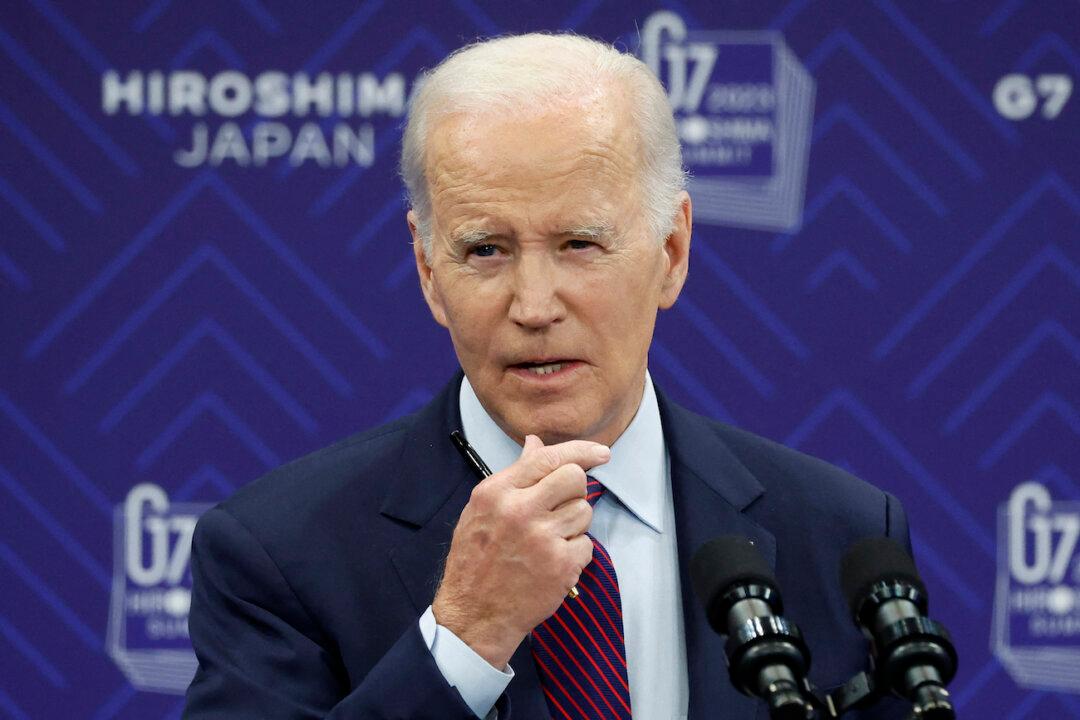At the G-7 summit, President Joe Biden told a reporter that most U.S. allies are “clear” that if China were to try to invade Taiwan, “there would be a response.”
Biden was asked by a reporter on Sunday how he would manage a diplomatic relationship with China, and how he would strengthen the U.S. alliance with other countries like Japan and South Korea in order to counter China.




